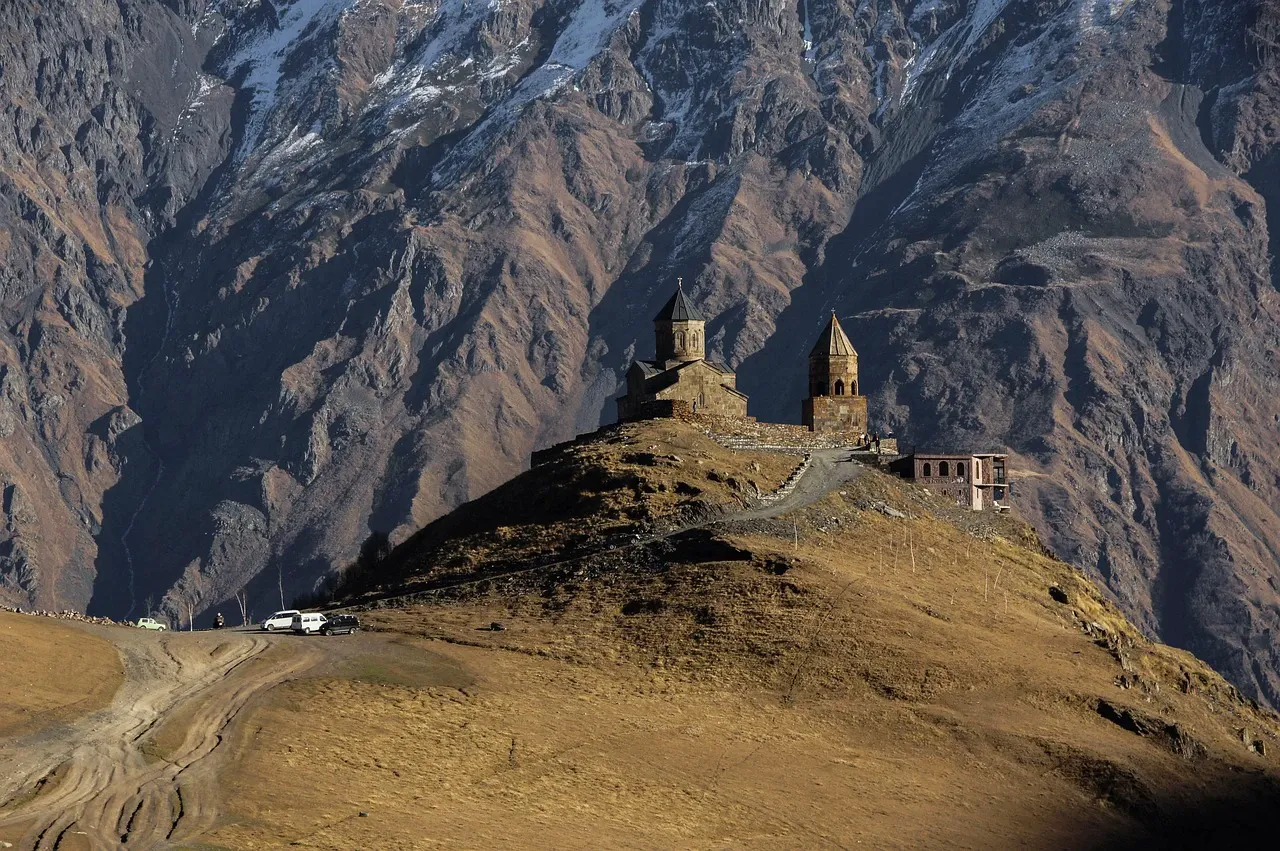
Secret Trails and Budget Stays: Exploring Białowieża Forest, Europe's Last Primeval Wilderness
Why Białowieża Forest Should Be on Every Nature Lover’s Bucket List
Spanning the border of Poland and Belarus, Białowieża Forest is Europe’s last surviving primeval forest – a living relic of the ancient woodlands that once covered the continent. Recognized as a UNESCO World Heritage Site, this sprawling wilderness is home to 800 European bison, ancient oaks, and trails that feel worlds away from crowded tourist hotspots. Best of all? It’s surprisingly accessible for budget travelers.
Planning Your Białowieża Hiking Adventure
Białowieża’s 1,500+ square kilometers are best explored on foot. Unlike manicured national parks, trails here are raw and wild, with minimal signage, so preparation is key.
- Top Trails for Budget Explorers
- Ścieżka Dębów Królewskich (Trail of the Royal Oaks): A free, self-guided 4km loop featuring 600-year-old “King Oaks,” some measuring 2 meters in diameter.
- Żebra Żubra (European Bison Path): This 4km boardwalk (10 PLN/$2.50 entry) passes wetlands where bison often gather at dawn.
- Borderland Trail: A free 12km route along the Polish-Belarusian border with watchtowers for birdwatching.
Pro tip: Download the Białowieża Forest National Park app for offline maps and wildlife alerts.
Spotting Wildlife Without Expensive Tours
While guided 4x4 safaris cost 150+ PLN ($35+), budget travelers can see bison, wolves, and rare birds independently:
- Dawn & Dusk: Head to the Hajnówka Gate meadows at sunrise when bison graze near tree lines.
- Silence Pays Off: Walk quietly on less-traveled trails like Topiło to spot roe deer or endangered Eurasian lynx.
- Birding Hotspots: The Narewka River banks host over 120 species, including white-tailed eagles. Bring binoculars!
Local Insight: Ask guesthouse owners about recent sightings – they’ll share updates for free.
Affordable Stays: Sleep Deep in the Forest
Skip the pricey spas and book these wallet-friendly options instead:
- Eco Guesthouses: Family-run spots like Dom Przyjaciół Przyszłomowych (70 PLN/$16/night) offer cozy rooms with homemade breakfasts.
- Forest Hostels: PTTK Białowieża Hostel (40 PLN/$10 dorm beds) has bike rentals and a communal kitchen.
- Agrotourism Farms: Stay in villages like Budny to forage mushrooms with hosts (from 100 PLN/$25 incl. meals).
Exploring Beyond the Forest: Budget-Friendly Side Trips
Extend your adventure without overspending:
- Białystok Street Art Tour: Poland’s street art capital, just 2 hours by bus (20 PLN/$5), features over 50 murals.
- Kruszyniany Tatar Village: Discover Poland’s tiny Muslim community and try cheburek pasties (15 PLN/$4) at a local café.
- Free Open-Air Museums: The Skansen Architecture Museum displays traditional wooden cottages.
Budget Hacks for the Frugal Traveler
- Transport: Take the Polski Bus from Warsaw to Białystok (35 PLN/$8), then a local train to Hajnówka (12 PLN/$3).
- Food: Fill up on hearty barszcz soup (10 PLN/$2.50) from Stołownia u Mirosława or pack pierogi from grocery stores.
- Guided Tours: Split costs by joining small groups – ask at the Białowieża Tourist Information Center for budget options.
When to Visit for the Best Experience
- Spring (April-May): Mild weather, fewer crowds, and birds migrating.
- Autumn (September-October): Golden foliage and bison mating season.
Avoid July-August if you dislike mosquitoes or higher accommodation prices.
Respecting Białowieża’s Fragile Ecosystem
Remember:
- Stay on marked trails to protect unique mosses and fungi.
- Never approach wildlife – bison are wild animals despite their calm appearance.
- Use reusable water bottles; tap water is safe to drink.
Final Thoughts: An Untamed Wilderness Awaits
Białowieża Forest proves that budget travel and transformative nature experiences aren’t mutually exclusive. Whether you’re tracing the footsteps of medieval hunters under 500-year-old oaks or sharing stories with locals over steaming herbal tea, this forest offers a rare chance to connect with Europe’s primal past. Pack sturdy shoes, a spirit of adventure, and prepare to be humbled by nature’s resilience.
